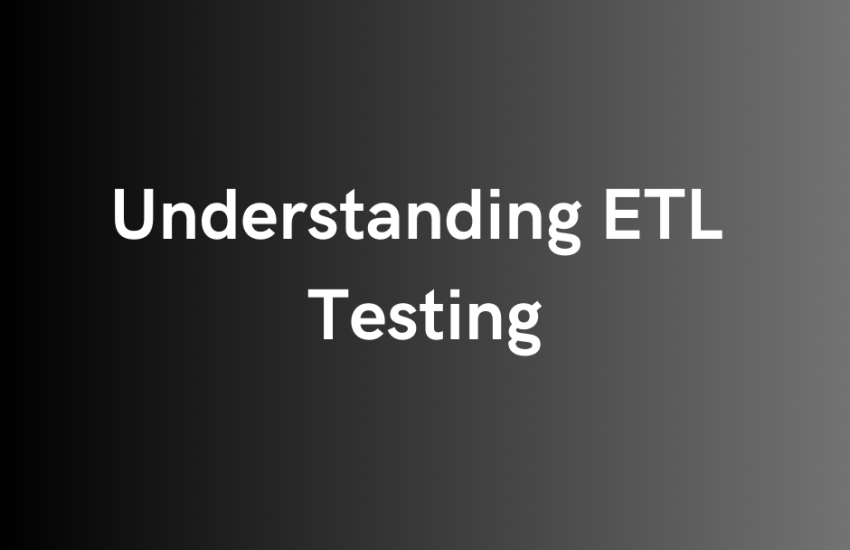ETL testing is a specialized form of data testing that focuses on validating the correctness and reliability of the ETL processes. These processes involve extracting data from diverse sources, transforming it as necessary, and loading it into a target destination such as a data warehouse. The primary goal of this type of testing is to ensure that data is accurately transformed and loaded, meeting business requirements, and maintaining data integrity throughout the process.
Significance of ETL Testing
- Data Accuracy: It verifies the accuracy of data transformations, ensuring that information remains consistent as it moves from source to destination. This is critical for organizations relying on data-driven insights for decision-making.
- Data Completeness: ETL processes often deal with large volumes of data. Testing helps confirm that all relevant data is successfully extracted, transformed, and loaded, preventing any loss of information during the process.
- Performance Optimization: It identifies bottlenecks and inefficiencies in the data flow, helping organizations optimize performance. Timely identification of issues can lead to faster and more efficient ETL processes.
- Data Quality Assurance: Testing helps maintain the quality of data by detecting and rectifying anomalies, inconsistencies, and errors during the ETL process. This ensures that the data warehouse contains reliable information for analytical purposes.
Key Practices in ETL Testing
- Data Validation: This involves verifying the accuracy of data by comparing the transformed data with the expected output. It ensures that the data conforms to the specified business rules and standards.
- Performance Testing: Evaluating the speed and efficiency of the ETL processes is crucial. Performance testing helps identify and address any bottlenecks, ensuring optimal data processing speed.
- Regression Testing: Changes in ETL processes or data sources may impact existing functionality. Regression testing ensures that new modifications do not introduce errors into the system and that previously validated processes still function as intended.
- Metadata Testing: Validating metadata, such as data types, constraints, and relationships, is essential for maintaining data consistency. Metadata testing helps in ensuring that the data warehouse structure aligns with the business requirements.
- Error Handling Testing: ETL processes must be equipped to handle errors gracefully. Error handling testing ensures that the system reacts appropriately to unexpected situations, preventing data corruption and loss.




